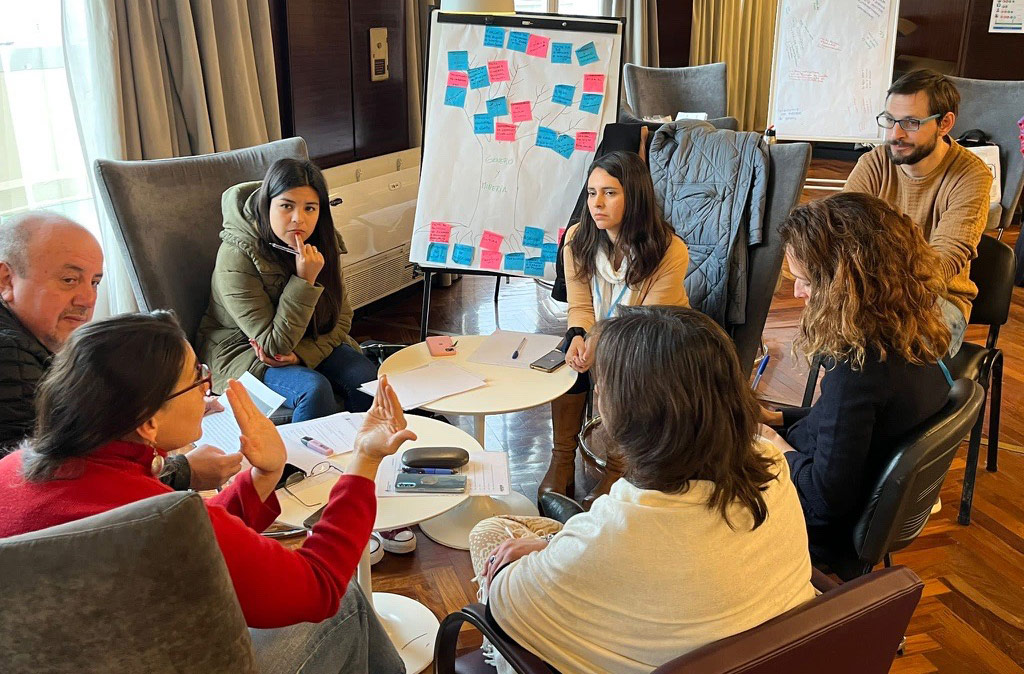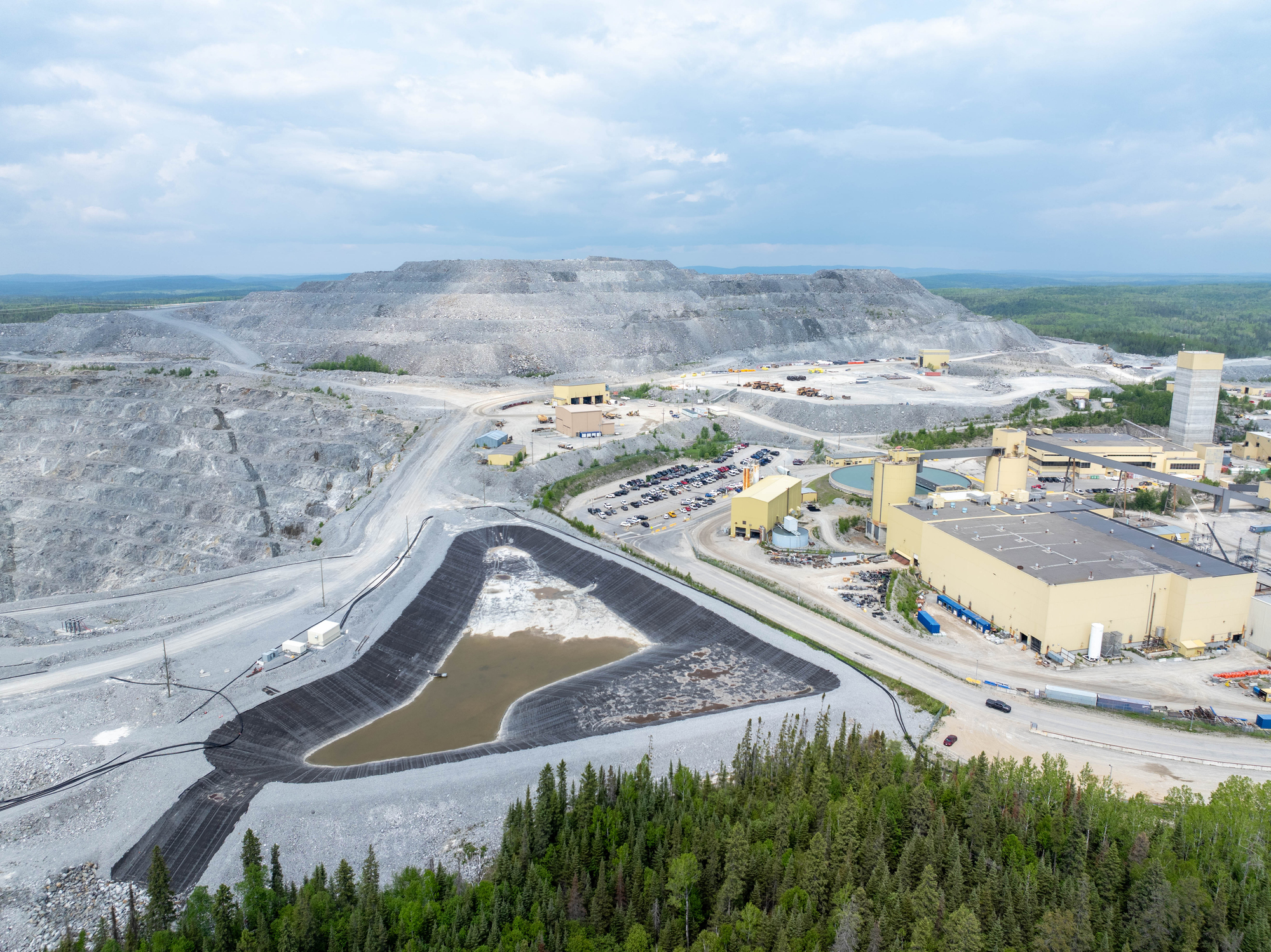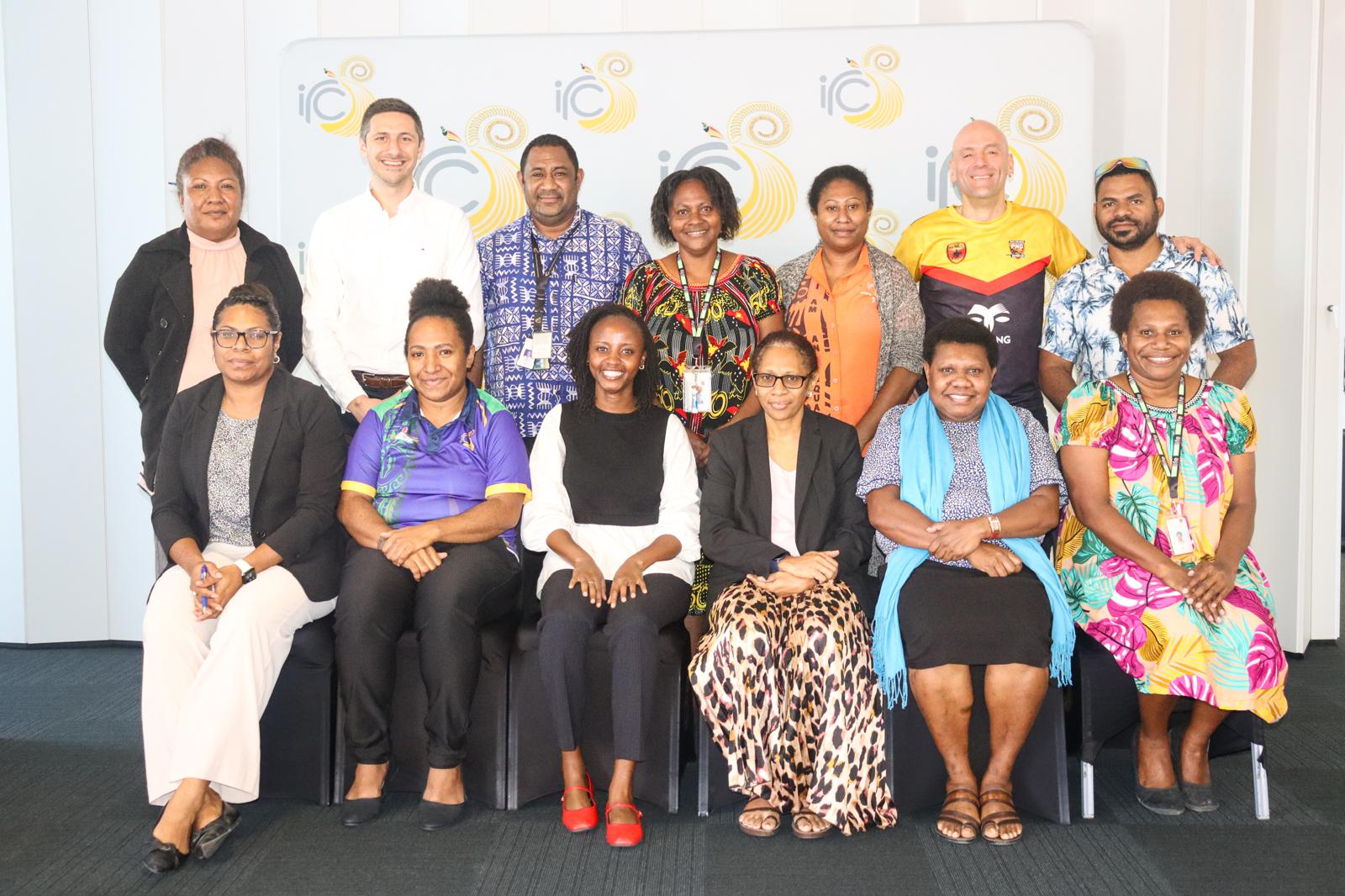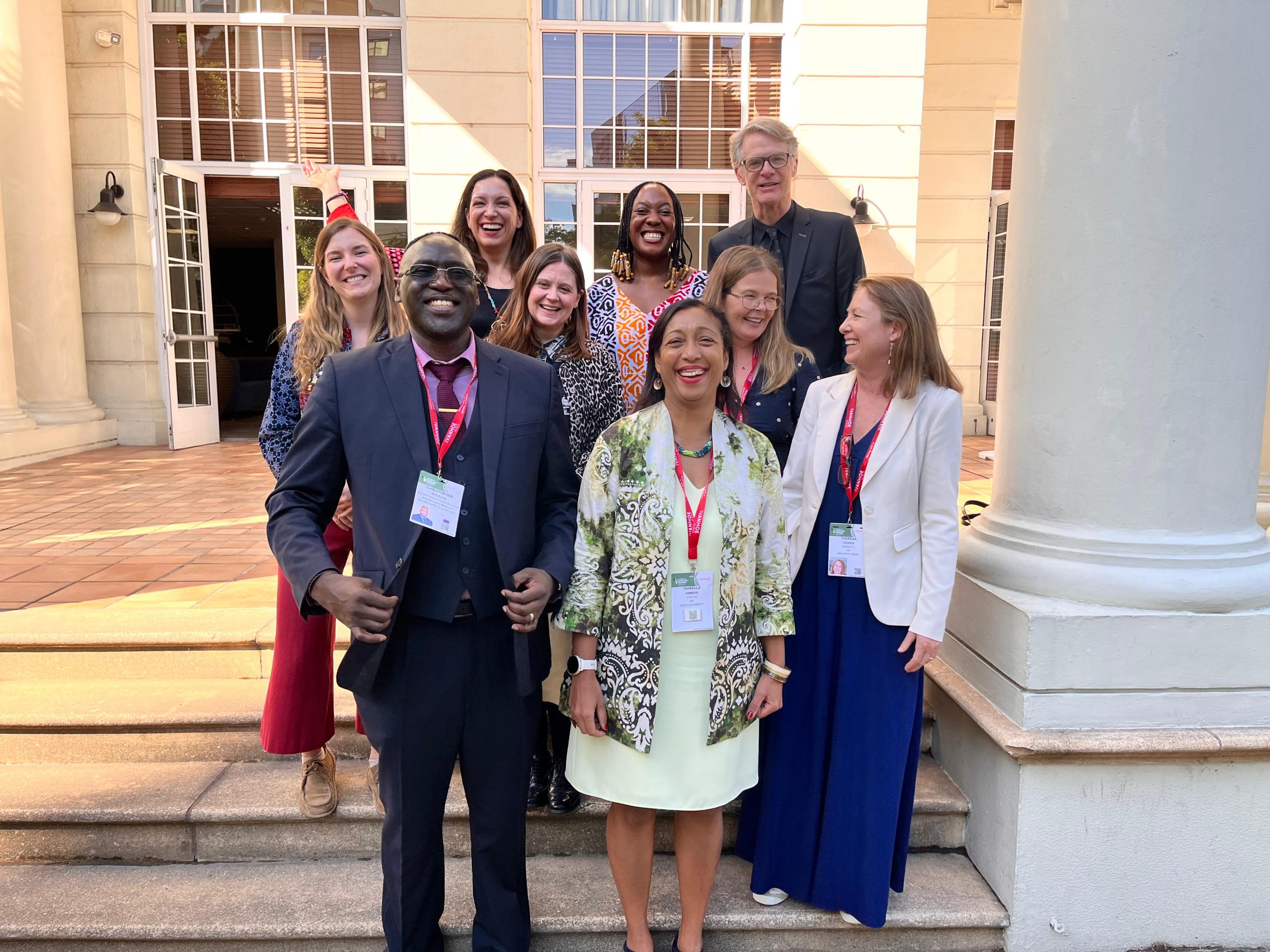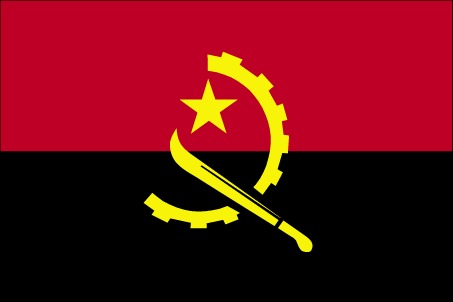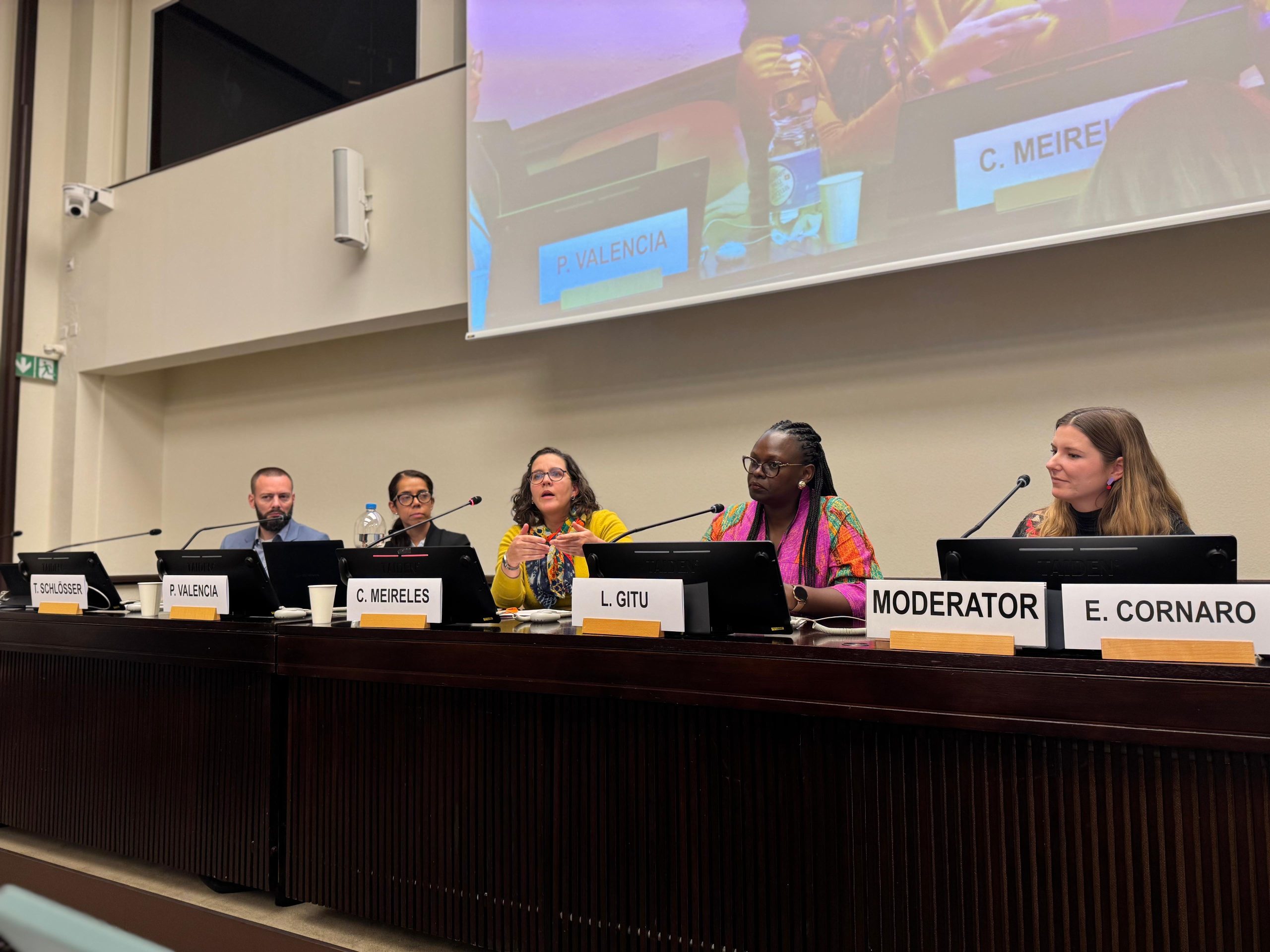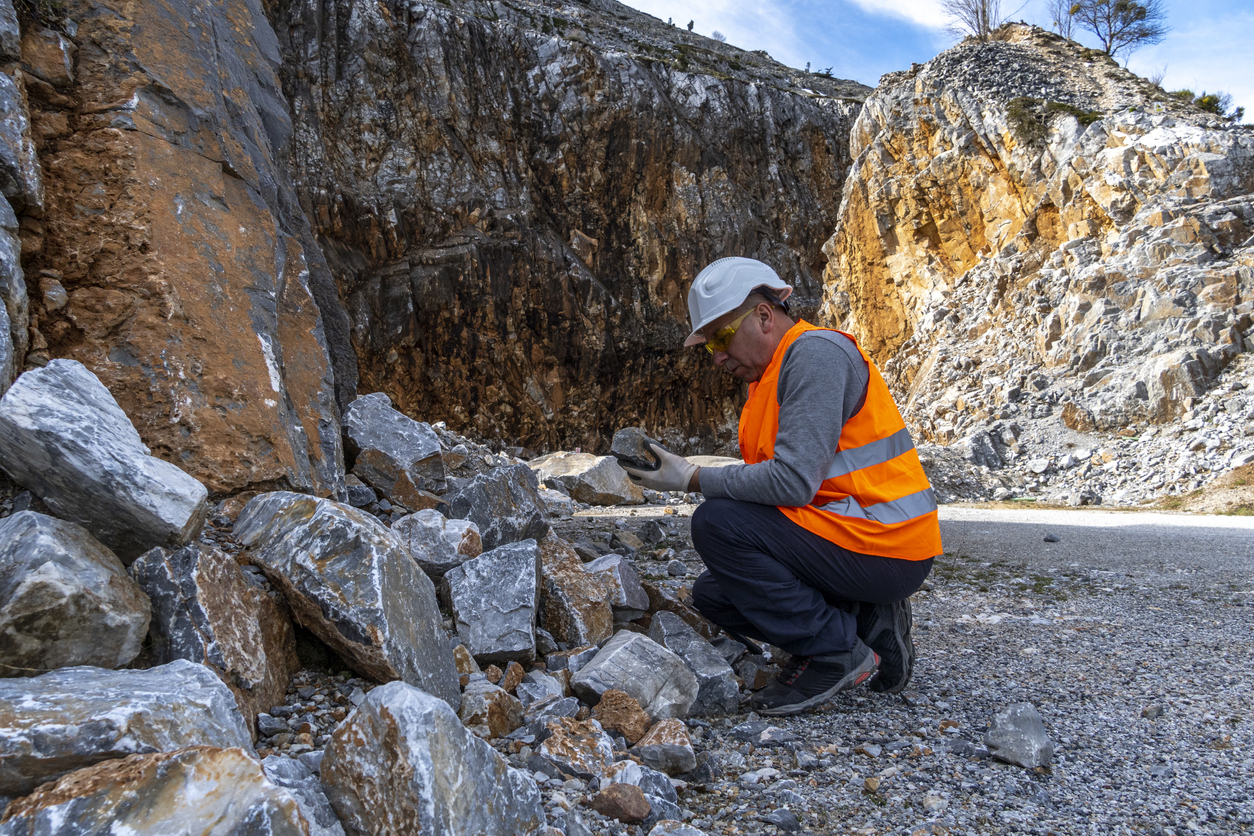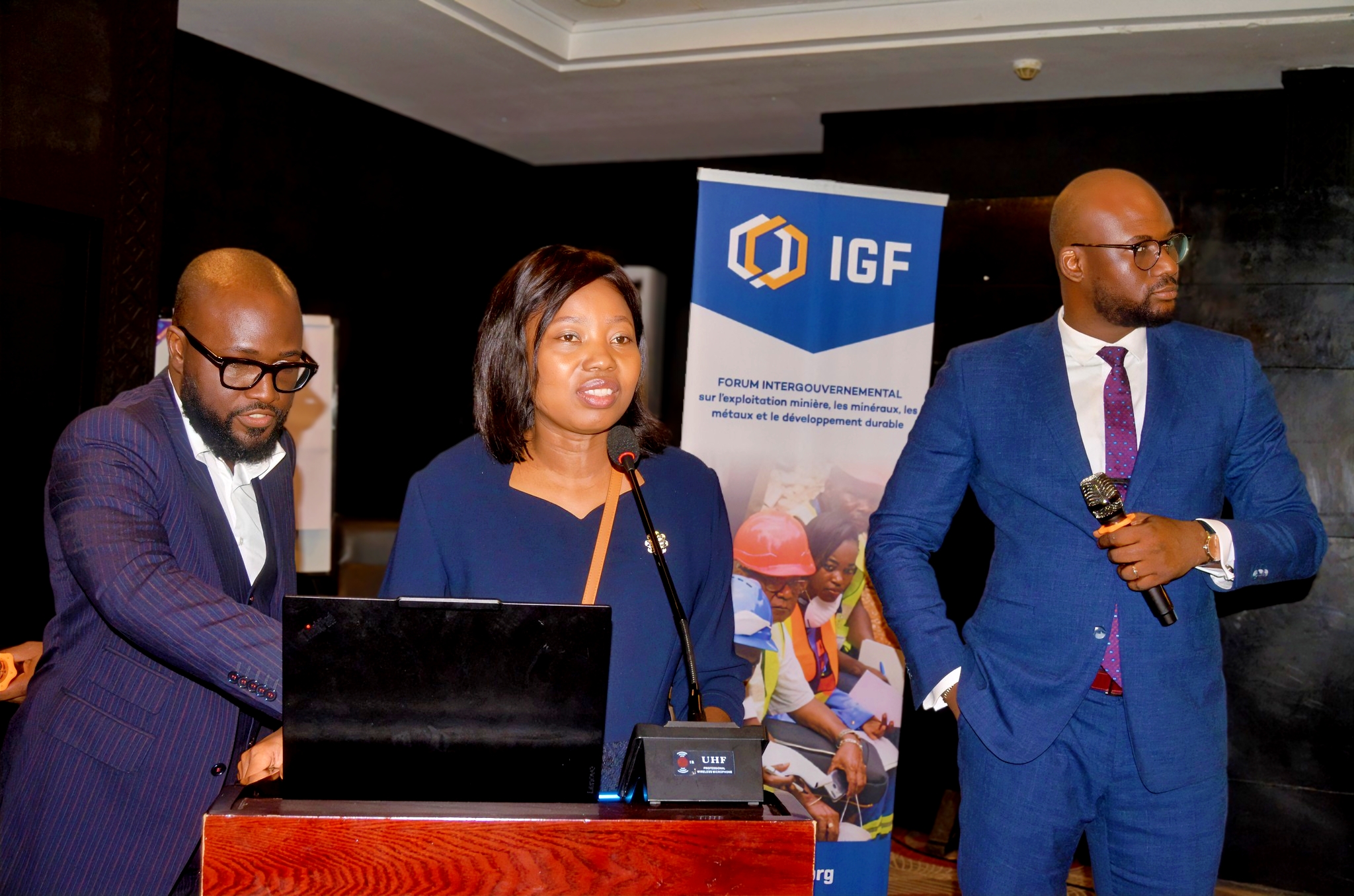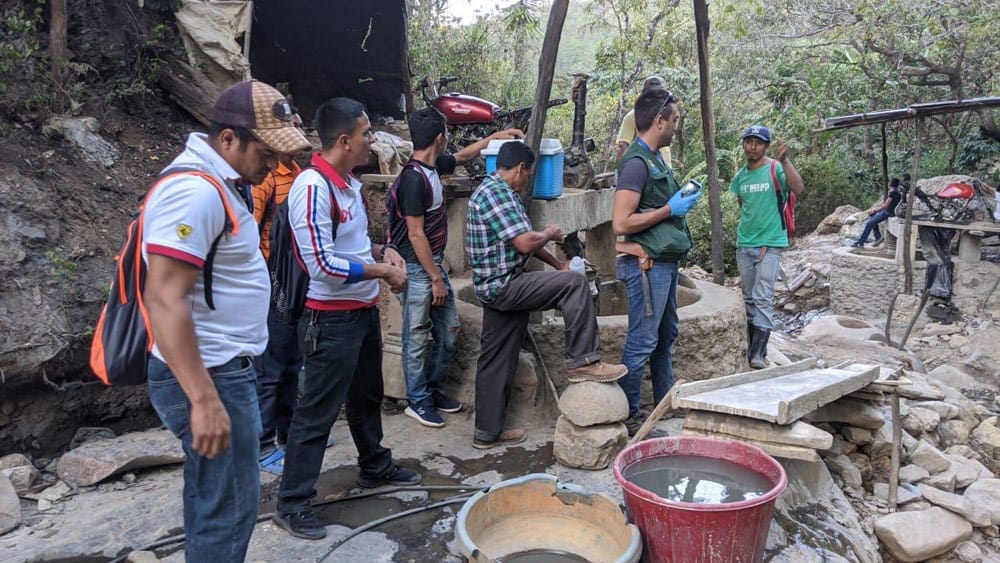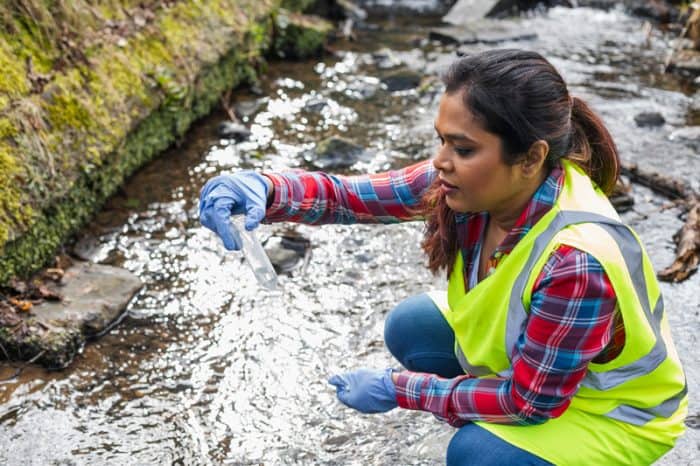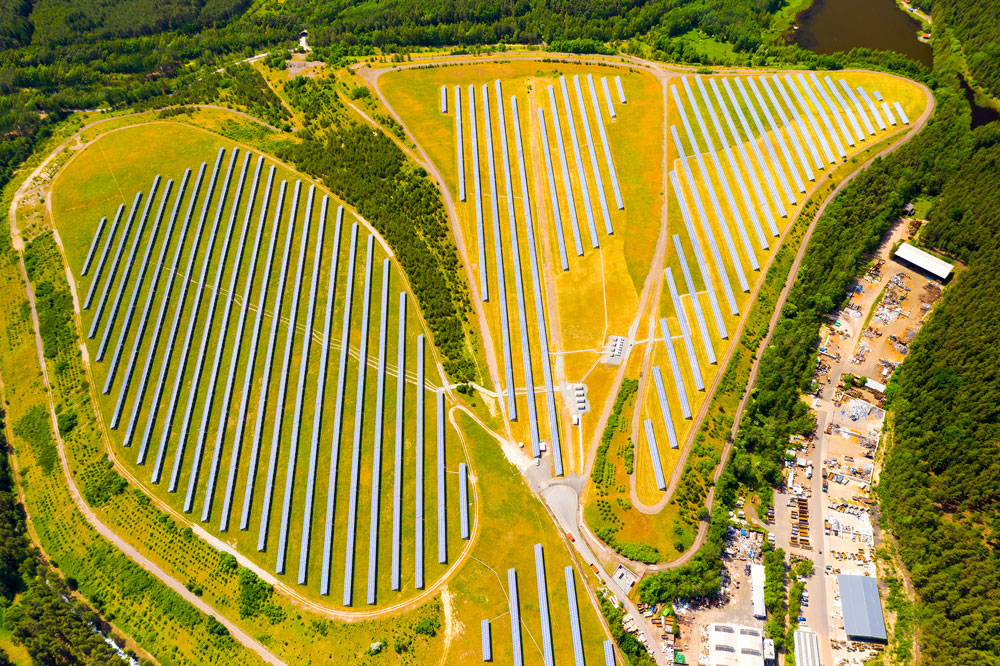Home Page
IGF Mining
The Intergovernmental Forum on Mining, Minerals, Metals and Sustainable Development (IGF) supports governments to advance good mining governance for the betterment of communities, economies, and the environment.
We help governments around the globe further gender equality, support livelihoods, manage ecosystems, and optimize social and financial benefits in large and small-scale mining operations.
Our Work
We help governments strengthen their laws and policies to achieve their short and long-term sustainable development goals.
Events
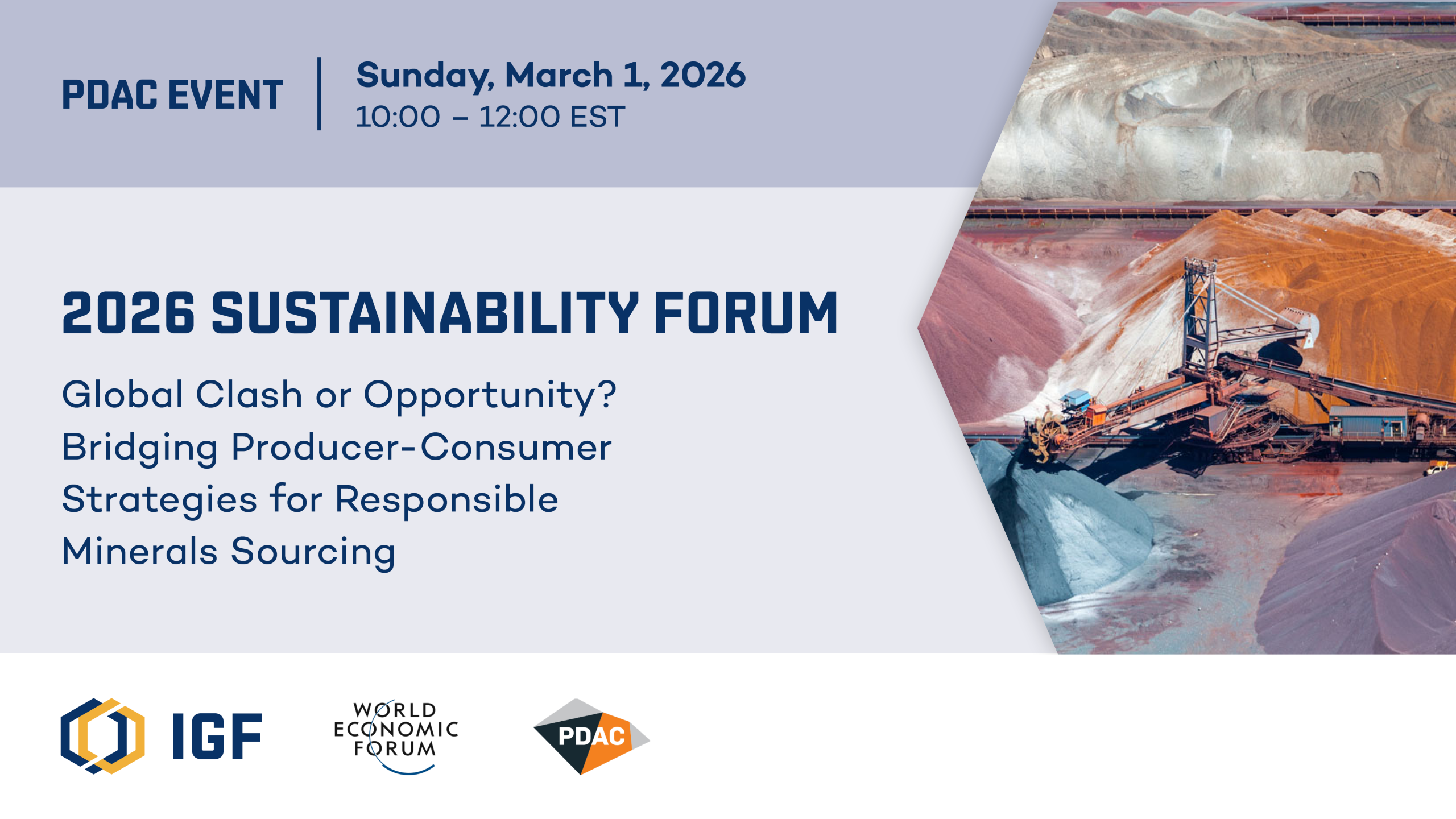
PDAC Event | 2026 Sustainability Forum | Global Clash or Opportunity? Bridging Producer-Consumer Str
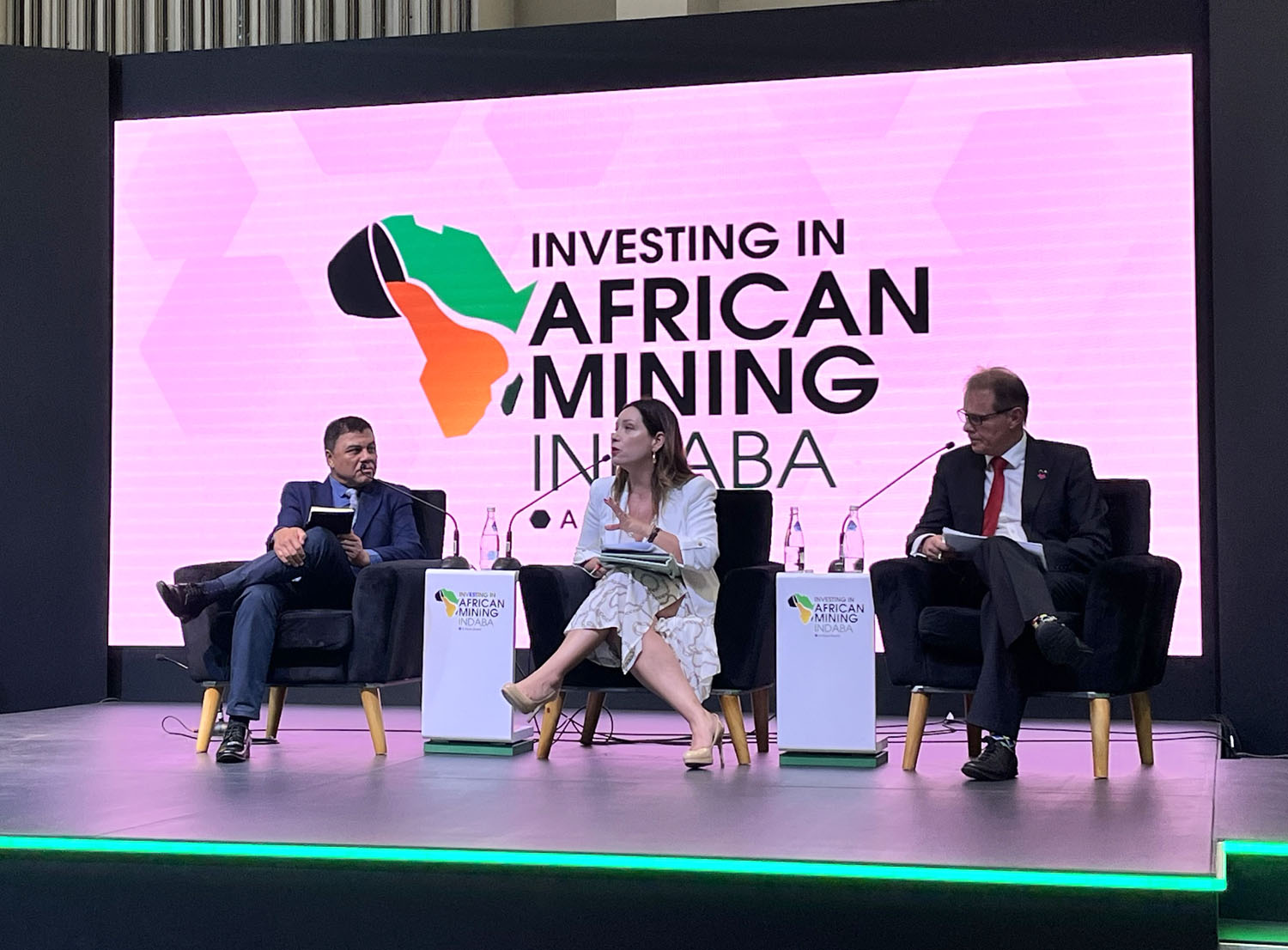
IGF at 2026 Mining Indaba
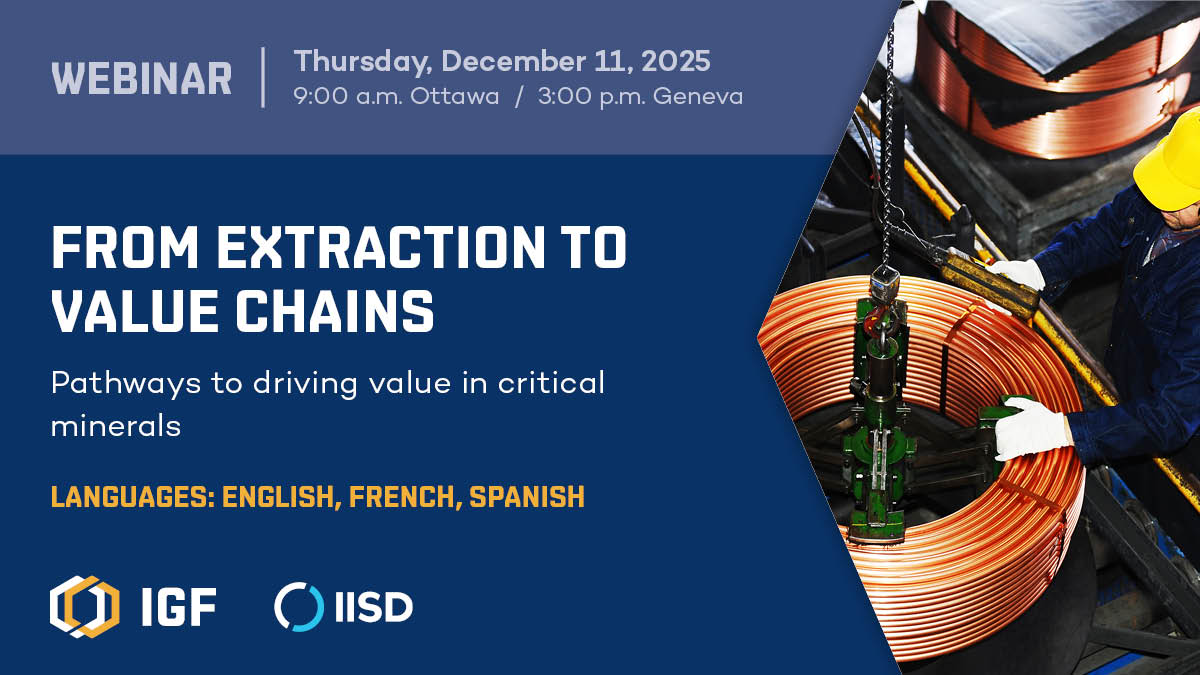
From Extraction to Value Chains: Pathways to driving value in critical minerals
Subscribe to our newsletter
for updates on policy issues, research, and events.
Blog

December 16, 2025
Securing a Sustainable Future for All: Critical minerals, industrial policies, and the role of trade and investment frameworks
Critical minerals lie at the intersection of industrial ambitions, climate urgency, and geopolitical strategy. Yet, the trade and investment frameworks that govern them are misaligned with the realities of a just and sustainable energy transition. Aligning mineral security with climate and development goals is essential ...
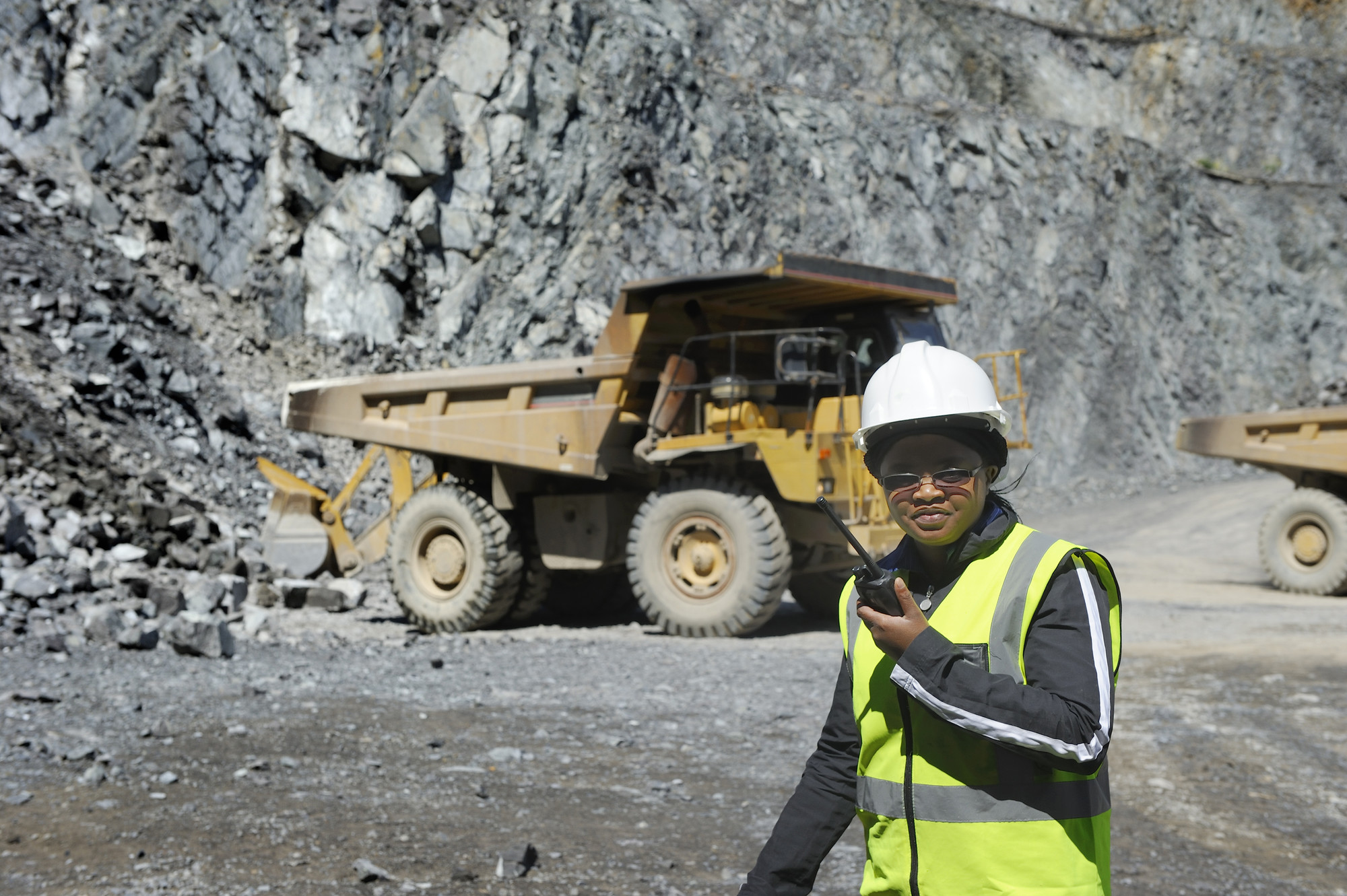
October 27, 2025
Unlocking Growth: Why local content policies matter in mining
Mining is a large global industry. Annual output across 66 countries is worth around an estimated US $1.6 trillion. Yet local communities located around mine sites and host countries often see limited benefits. This is why governments adopt “local content” policies to enhance economic opportunities for local ...
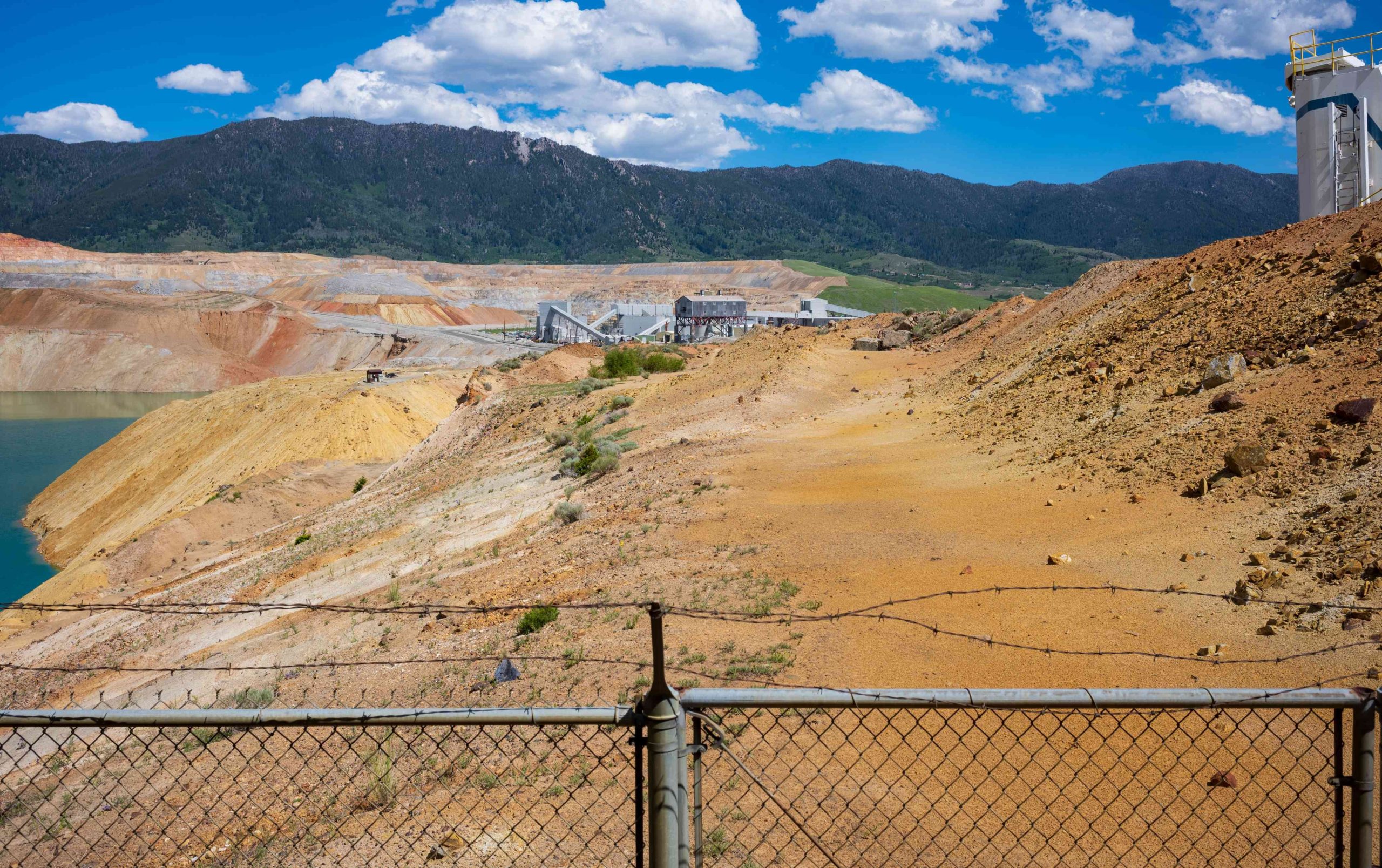
October 14, 2025
Ring-Fencing in Mining: When, how, and what to consider
The energy and digital transitions are driving a surge in demand for critical minerals, creating opportunities for resource-rich companies to boost revenues. Ring-fencing is a policy option that can affect revenue timing and amounts, but its suitability depends on key factors that must be assessed ...
Announcements

Canada Extends Mining Governance Support With New IGF Funding
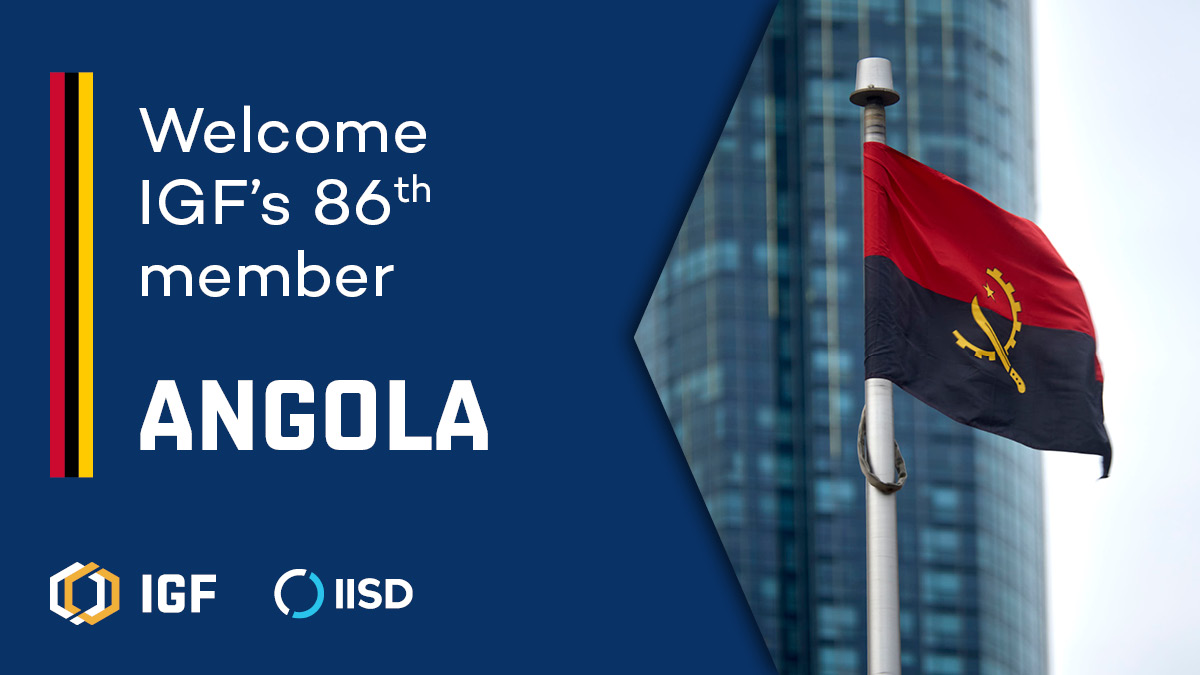
Angola Joins the IGF
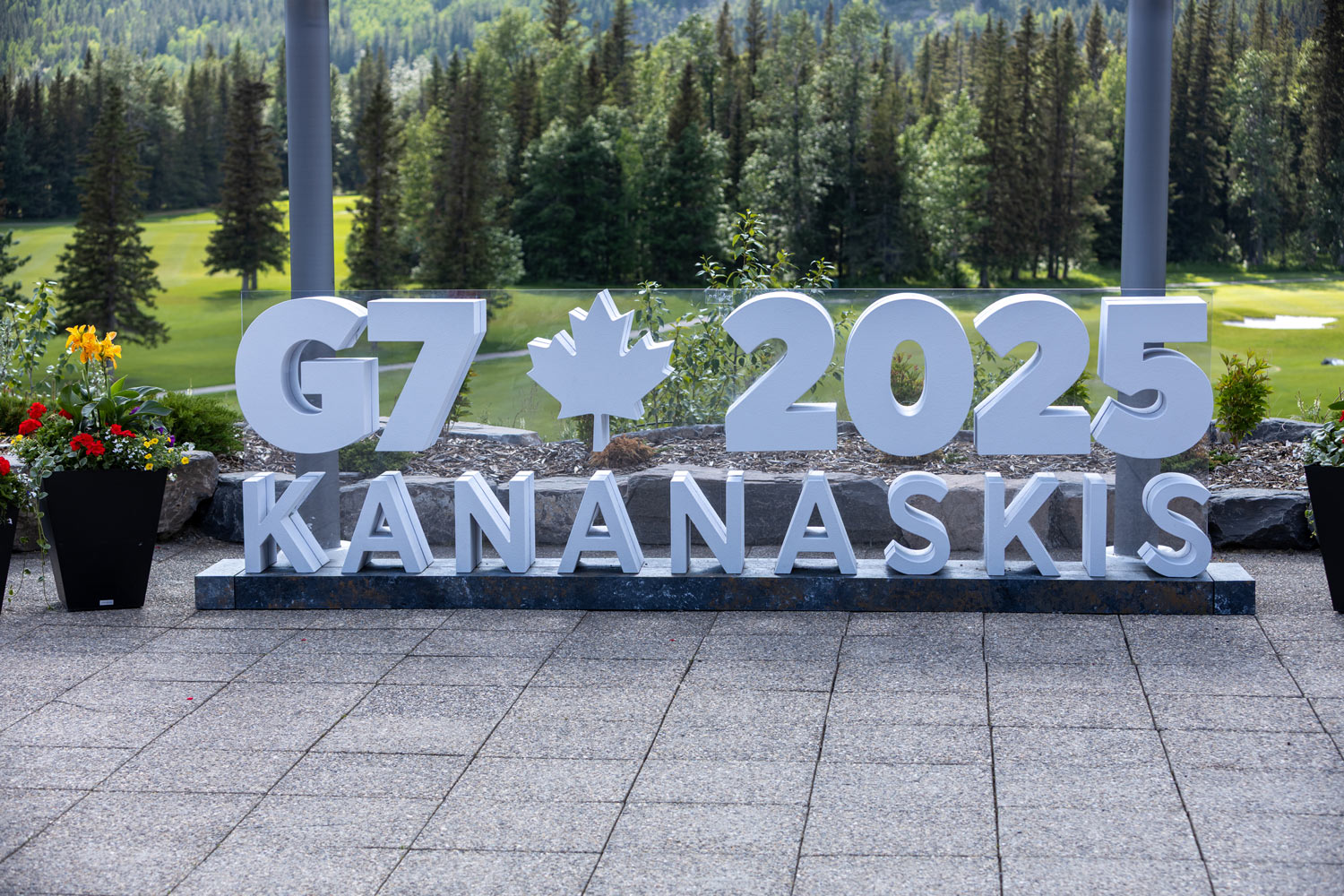
IGF Welcomes the G7 Critical Minerals Action Plan
Our Impact
Our work creates policy solutions for a more sustainable mining sector.
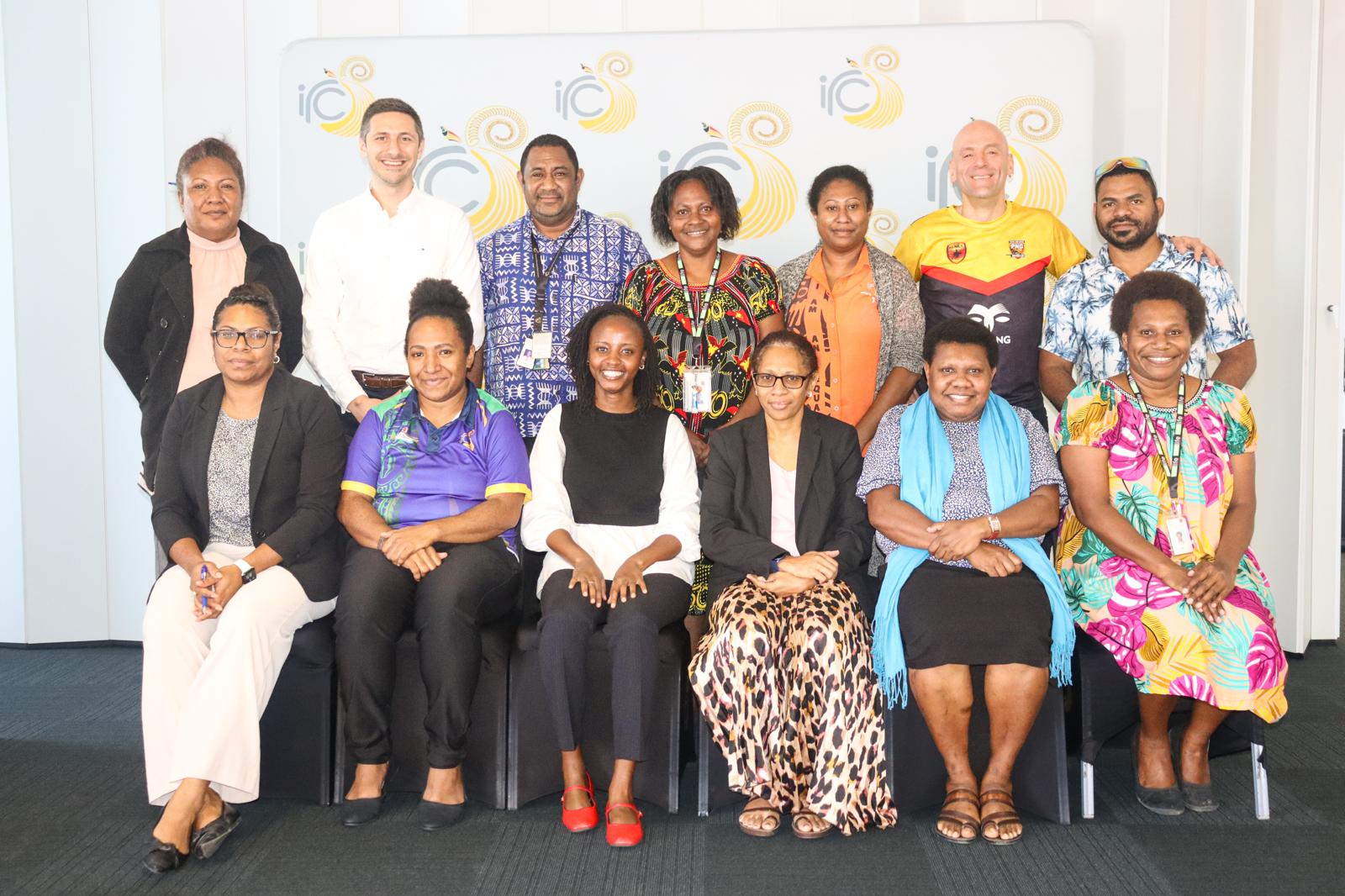
Unlocking Mining Revenues: Papua New Guinea introduces capital gains tax on extractives
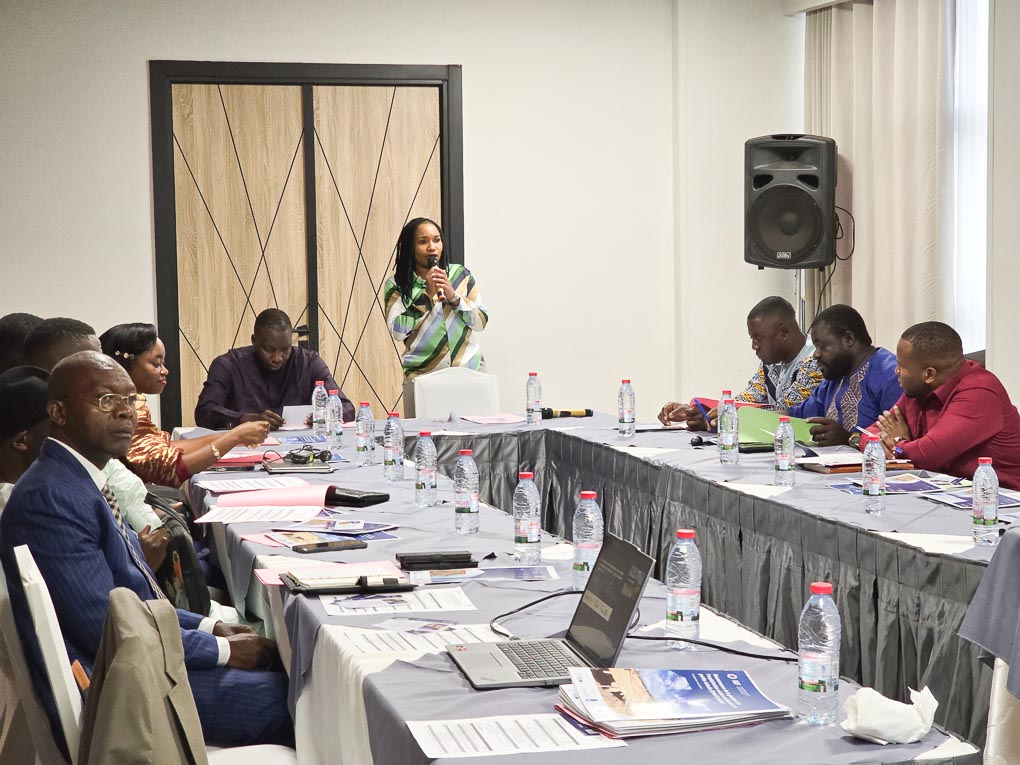
Spurring Action to Manage Abandoned Sites and Toxic Chemicals in Cameroon’s Artisanal and Small-Scale Mining Sector
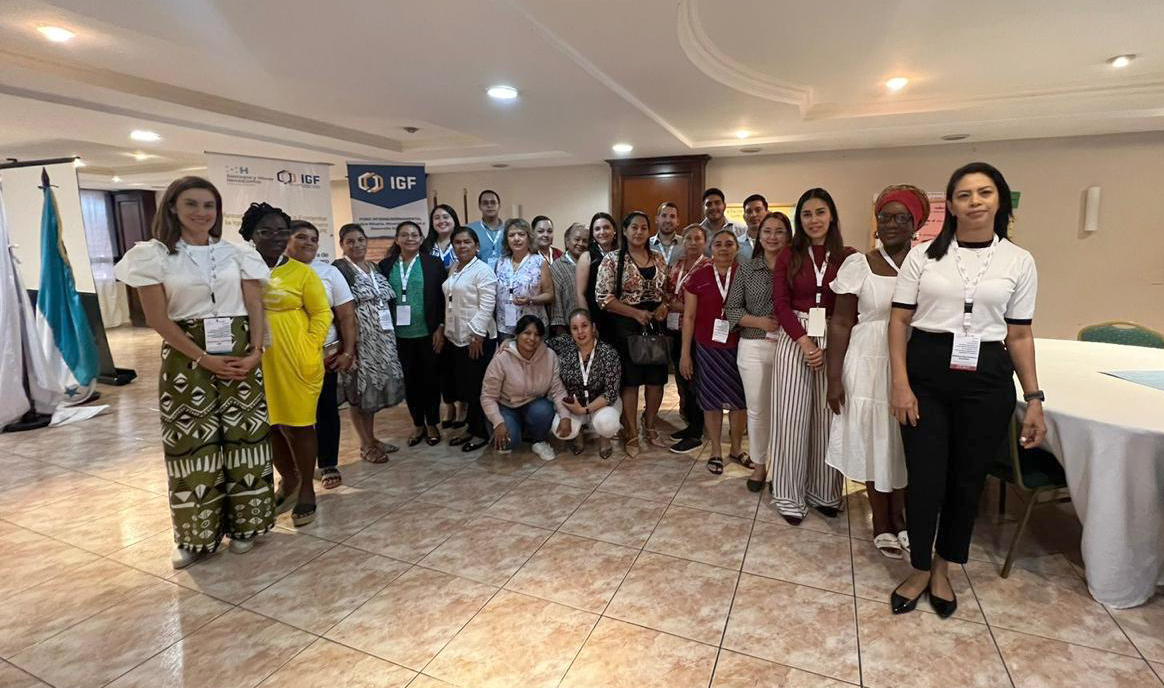
Pioneering Gender Equity in Honduras’ Artisanal and Small-Scale Mining Sector
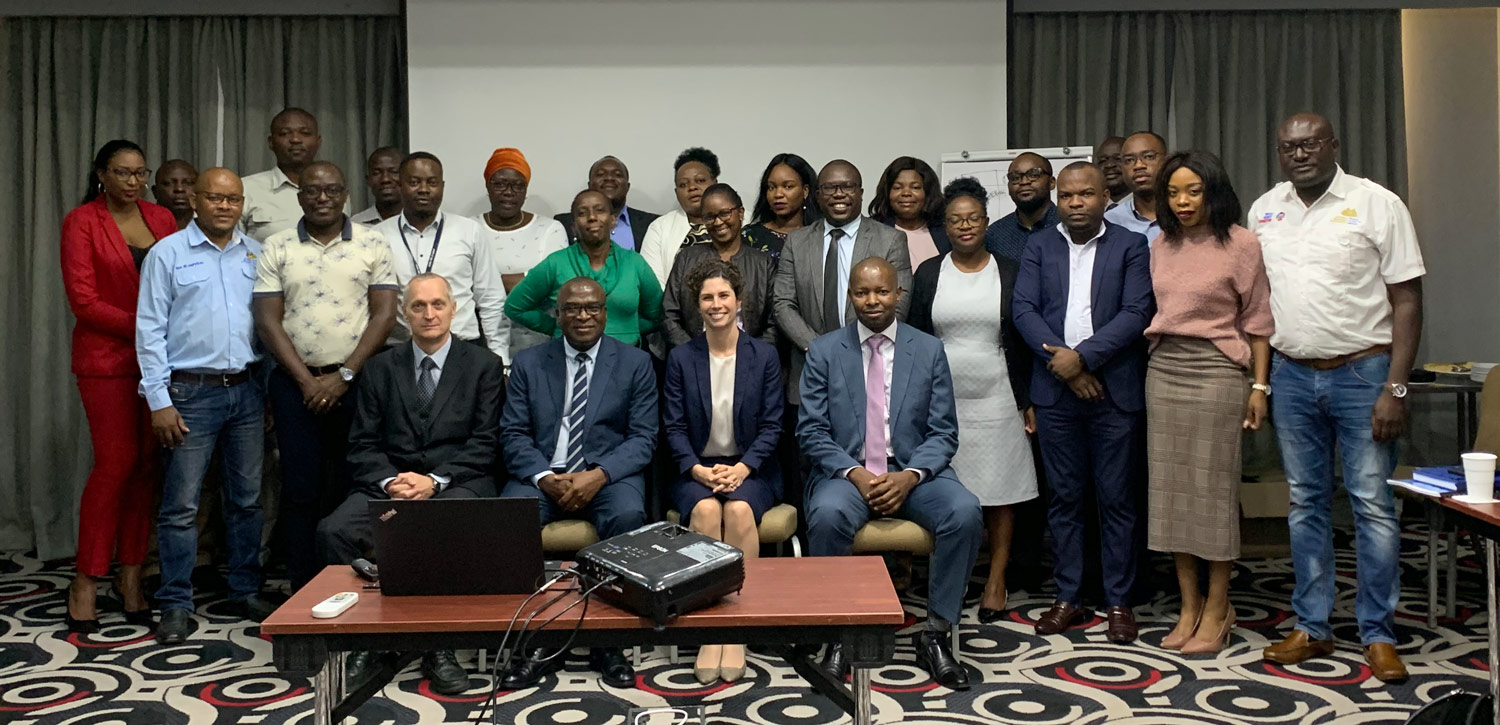
Boosting Zambia’s Mining Revenue Through Tax Audits, Transfer Pricing Legislation and License Valuation
